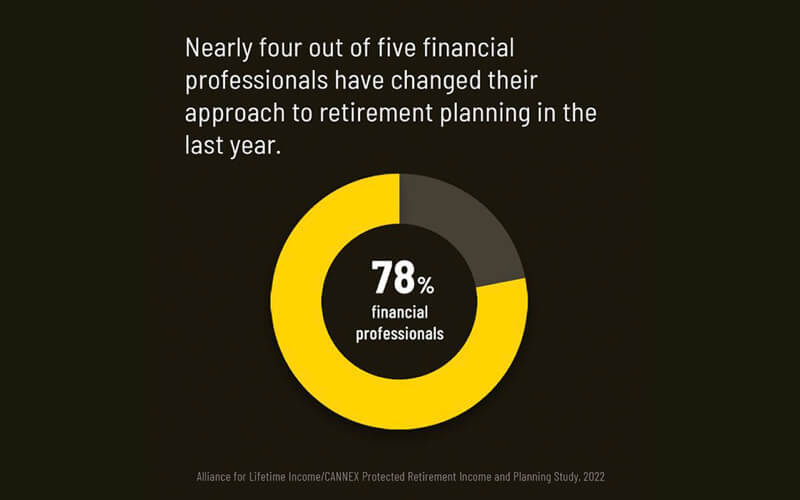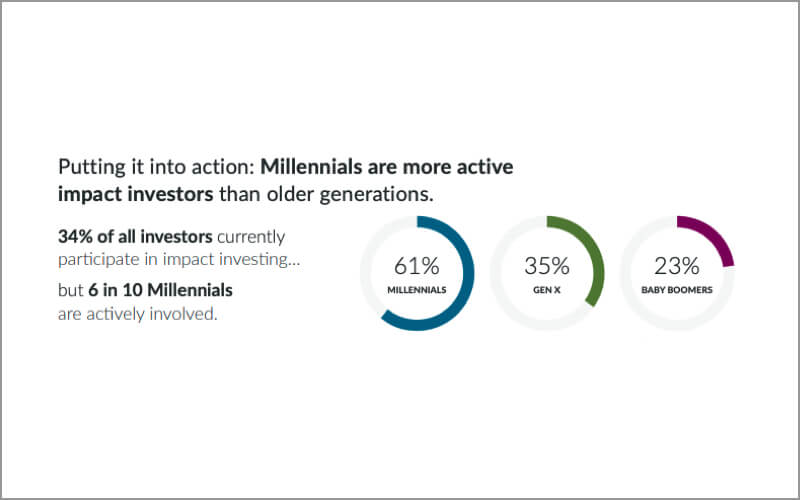Recently, the folks at Merriam-Webster Dictionary announced that “culture” is their 2014 Word of the Year. Culture was selected over other contenders because of the comparative volume of online definition requests and other synonym/antonym queries. According to Merriam-Webster At Large Editor Peter Sokolowski, “We are using the word more frequently” and in combination with a greater number of ideas, people and events. Sokolowski lists some of the most popular combinations in recent years including “celebrity culture”, “culture of transparency”, “consumer culture” and “culture of winning”. Largely reserved as a synonym for society as a whole in the past, culture is now more often used in an almost endless variety of smaller units of organizing thoughts, feelings and actions. So, “culture” has become more important in our thinking as it has been applied to ever smaller, more discrete slices of our thinking.
But, why has this happened? Why is culture – the notions of common expectations, shared experiences and similar aspirations – suddenly the right lens to look at all kinds of different sets of ideas, attitudes and behaviors as opposed to the long-used set of demographic or socioeconomic variables? They don’t come right out and say it, but the folks at Merriam-Webster clearly feel “culture” taps into the notions of shared beliefs and personal values more than other words. And, they see these shared beliefs and values as having become more powerful explainers of thought and behavior in the eyes of many people than either physical characteristics of the subject or sociological traits of the person evaluating the subject.
 We celebrate the power of culture in capturing shared values, but when it comes to using the understanding of culture as an approach to motivating behavior we don’t see it as an either-or choice. Culture is really a cohesive collection of shared values displayed by certain groups of people in specific contexts. Understanding preference, adoption and loyalty requires accounting for both the important characteristics of the subject and the germane, cultural traits of the audience, in that context.
We celebrate the power of culture in capturing shared values, but when it comes to using the understanding of culture as an approach to motivating behavior we don’t see it as an either-or choice. Culture is really a cohesive collection of shared values displayed by certain groups of people in specific contexts. Understanding preference, adoption and loyalty requires accounting for both the important characteristics of the subject and the germane, cultural traits of the audience, in that context.
The appreciation of culture fits with the Artemis Strategy Group belief that personal values – how they are defined and when they are assigned to specific ideas, products and people – are the key to understanding decision-making and motivating future behavior in specific contexts. Understanding the emotional and values-based drivers behind decision choices in those contextual moments is the primary mission of our Motivation Research suite of tools and methodologies.
The specifics on our approaches, tools and methodologies along with many case studies showing how they have been applied to understanding the best ways to motivate behavior are available elsewhere on this website. But, the crucial observation here is that culture, a common understanding and application of shared values, is increasingly seen as the smart way to understand and motivate behavior among a wider group of people – a group we might call the Motivation Culture.




Nice connection of your (excellent) work to the larger cultural context Jon 🙂